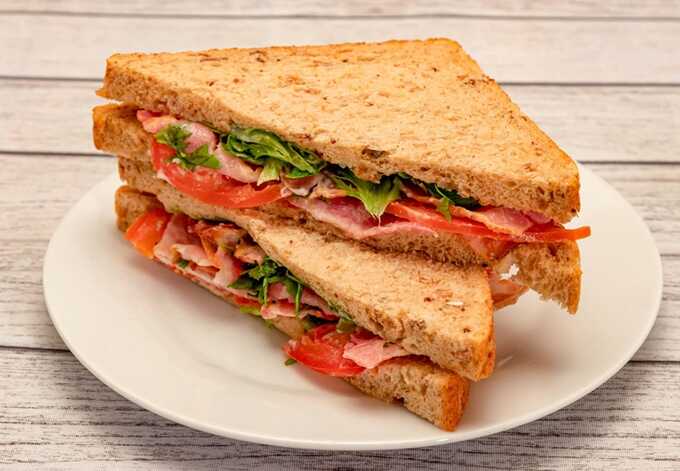Tesco and Asda sued by customers over E coli sandwich infections
Claimants include family of 11-year-old girl who spent three weeks on dialysis after eating chicken salad sandwich
Tesco and Asda are being sued by customers, including the family of an 11-year-old girl, who were left seriously ill after eating own-brand sandwiches linked to an outbreak of E coli.
The supermarkets face legal action after a child and adult were left in hospital. One person has been confirmed to have died and more than 120 others including a six-year-old have been hospitalised in the UK due to the bacteria.
Several food manufacturers have recalled sandwiches, wraps and salads sold in big supermarkets and retail chains over fears that they are linked to the outbreak. The Food Standards Agency has previously said lettuce used in the products was thought to be the likely source of the outbreak.
The UK Health Security Agency (UKHSA) said in a briefing on Thursday that two people in England died within 28 days of infection with Shiga toxin-producing E coli (Stec).
“Based on the information available from health service clinicians, one of these deaths is likely linked to their Stec infection,” the agency said. “Both individuals had underlying medical conditions. The deaths occurred in May.”
One victim, whose family is suing Asda, is an 11-year-old girl from the north-west. She became seriously ill and was hospitalised and on dialysis for almost three weeks after eating their chicken salad sandwich.
She was discharged two days ago, but could be at risk of permanent kidney damage. Her mother bought three of the sandwiches as part of an online delivery, a legal letter states.
The child developed haemolytic uraemic syndrome (HUS), a clinical syndrome associated with Stec that can lead to kidney failure and death.
Claire Glasgow, of the legal firm Fieldfisher, which is representing the girl’s family, said: “Thankfully, she is now stable enough to return home, but HUS is a very serious condition that can cause permanent damage to the kidneys which can affect people for life.”
Lawyers at Fieldfisher issued a letter of claim for breach of the Consumer Protection Act 1987 to Asda supermarket on behalf of the girl.
Harvinder Kaur, a director at Fieldfisher, also issued a letter of claim to Tesco for breach of the same act on behalf of an adult male client from the south-east, who was also hospitalised with E coli symptoms after eating own-branded sandwiches containing salad.
“Luckily, this client did not go on to develop HUS and is now home, but for a time he was seriously ill. Under the act, companies producing food must ensure it is safe to eat. If it causes illness, it is a breach of their duty and those injured are eligible to claim compensation, not least to fund possible ongoing medical care. My client was a regular shopper at Tesco, buying his lunch there most days since it was very close to his work,” Kaur said.
E coli is a diverse group of normally harmless bacteria that live in the intestines of humans and animals. However, some strains produce toxins, such as Stec, that can make people very ill.
Stec can cause diarrhoea, which is bloody in about 50% of cases. Other symptoms include stomach cramps and fever. Symptoms can last up to two weeks in uncomplicated cases.
Some patients, mainly children, may develop HUS. A small proportion of adults may develop a similar condition called thrombotic thrombocytopenic purpura (TTP).
As of 25 June, there have been a further 19 cases of Stec, bringing the number of confirmed cases to 275 in the UK, according to the briefing on the UKHSA website.
An Asda spokesperson said: “We have not yet received any letter from Fieldfisher regarding these claims. As soon as we do, we will review the details of the claim as a matter of urgency.”
It is understood that Tesco has not yet received notification of the claim.
Read more similar news:
Comments:
comments powered by Disqus


































